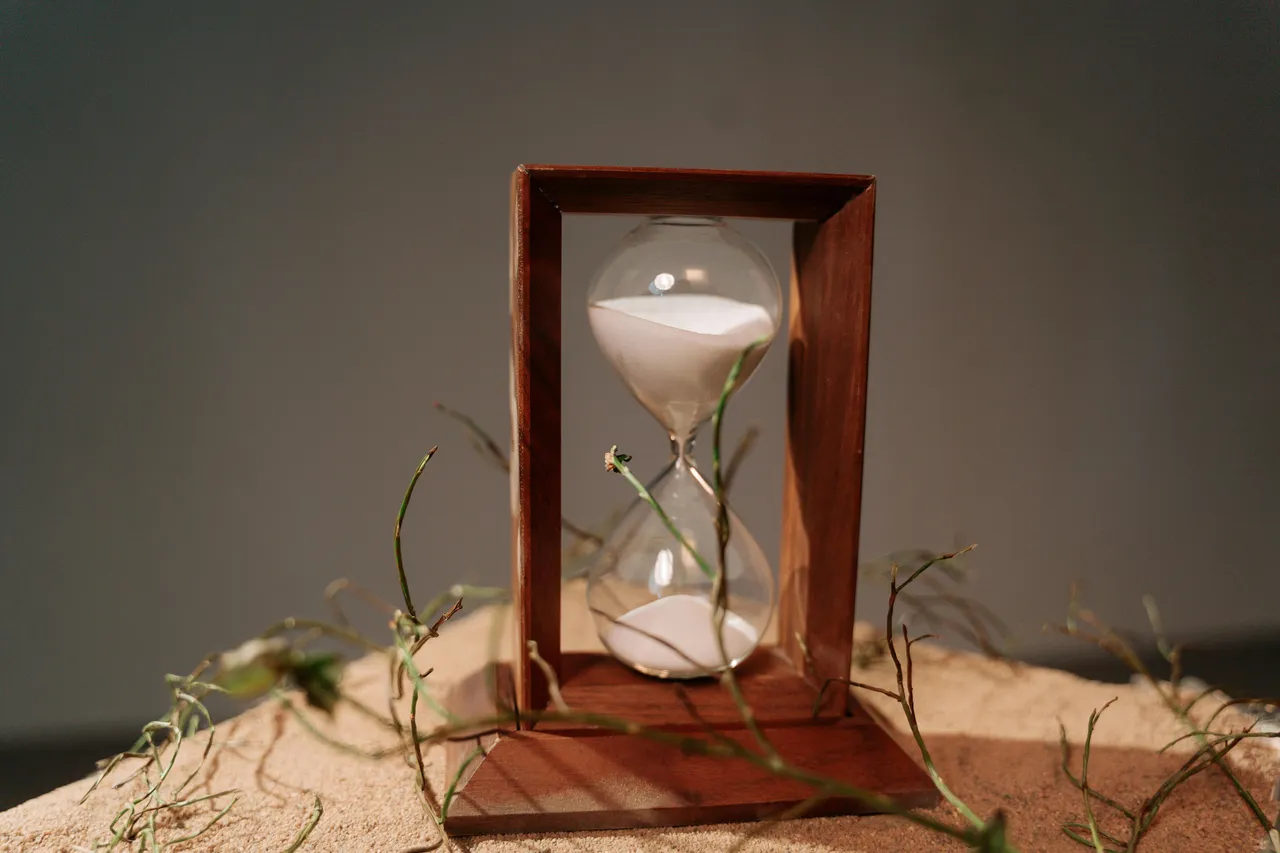If you're stuck in a loop, the first step to get out of it is probably to be aware that you're in a loop. Once that is achieved, then half of the process is done. The other half entails creating or finding ways to get out of it.
Perhaps, this could entail using brute force, which simply means to abruptly bring everything to a standstill. Since a loop is a constant momentum this will break the cycle, so to speak.
Another possible way is to slowly and gradually bring the loop into a stop, unwind and step out of it, akin to a crab stepping out of its shell.
Sometimes, it's wiser to let ourselves be pulled by the new instead of pushing to get out of the old.
Now, let's assume that time is a loop. But the purpose isn't to get out of it because we aren't aware that we are stuck in it. The purpose rather is to examine an aspect of this loop, which is the strange elasticity of time.
The Elasticity of Time: Trading, Renting, or Borrowing?
This strange elasticity of time is what perplexes me. We trade our most valuable resource, our hours and minutes, for wages that free us to reclaim those very same hours.
Yet, the more we try to grasp time by working harder and smarter to free up more of it, the tighter it seems to slip through our fingers.
Sometimes, it seems to me like frantically scooping up the ever-shifting sands of an hourglass. Our labor is meticulously measured and bartered for a finite amount of time, but the loop resets after a certain duration, and the sand inevitably trickles back to the bottom.
Which often begs the question of have we truly purchased time, or are we simply renting it all this while, forever chasing a mirage of control?
According to history, time wasn't always a product on a shelf. In the early days, life revolved around the natural rhythms of the sun and seasons.
But with evolution and the rise of agriculture and burgeoning civilizations came the need for a structured way to organize labor and production. Sundials and calendars emerged as a workable solution, superimposing the cyclical patterns of nature with a linear concept of time.
The invention of the mechanical clock in the 13th century was a crucial turning point in solidifying this concept.
Interestingly, the steady ticking sound mechanical clocks make somehow became a constant reminder of the fleeting nature of time.
Hence, the saying "the clock is ticking, i.e time is running out. During the industrial revolution, it also became a new tool for employers to measure and regulate worker output.
In a way, this historical shifts paved the way for the commodification of time. Moving from a cyclical to a linear perception of time fueled the idea that time could be possessed, controlled, and ultimately, traded, as hours and days now became units of productivity to be exchanged for wages or anything deemed fitting.
Flexible Schedules And The Pressure To Be Productive
In the modern era, there's a noticeable difference in the commodification of time. It is less rigid nowadays, compared to previous centuries. That said, it's psychological effects are still present in almost rigid way, since doing nothing during a working hour or day can subconsciously feel like a capital mistake.
I think we're simply renting time, because purchasing time implies paying for ownership, and the very notion of owning time seems a bit nonsensical.
We can't hold it in our hands or prevent its inevitable passage. Perhaps a more apt metaphor is borrowing time. We borrow against the future, investing our hours in the present with the expectation of a return in the form of leisure, experiences, or financial security.
But like any loan, this borrowed time comes with an interest rate, which usually is the potential sacrifice of our health, well-being, or relationships in the relentless pursuit of "productivity".
Thanks for reading!! Share your thoughts below on the comments.

